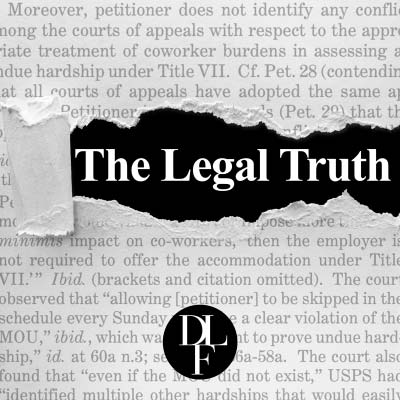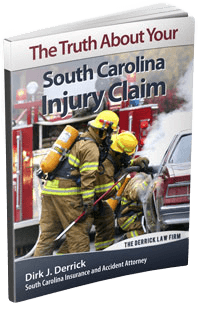What If There Is More Than One Defendant?
Unlike a crash between two cars in which you generally file a claim against one at-fault party, a crash with a commercial semi-truck often involves more than one defendant. Not only the trucker who hit you but also the trucking company, truck owner, manufacturer, mechanic, or loading dock personnel could bear partial responsibility for your damages.
Your attorney can investigate your wreck to identify liable parties, determine their respective percentages of responsibility, demand reasonable settlements from all insurers involved, and negotiate fair awards. If adequate compensation is not forthcoming, your lawyer might file multiple lawsuits.
Additional Sources of Compensation
The insurance companies hope that you’ll panic and accept a low settlement when your medical bills start to pile up, but doing so is never a good idea. While you’re waiting to reach MMI and estimate your future medical expenses in order to demand fair compensation, your attorney can help you find other sources to cover mounting debts, which might include the following:
Your health insurance
You may submit medical bills to your health insurer and pay a co-payment or deductible amount. The insurer will then recoup its money through a subrogation lien once your damage claim is settled.
Your auto insurance
Your personal injury protection (PIP) or Med-Pay coverage should cover your medical bills up to your policy’s coverage limits. Your PIP might also cover a portion of your lost wages and charge you a co-payment or deductible amount. Med-Pay charges no co-payment and requires no reimbursement.
Workers’ compensation
If you happened to be injured in a truck crash while you were driving for work-related purposes, workers’ comp might cover your medical bills and a portion of your wages. Your lawyer can advise you on workers’ comp benefits and guide you through the claims process.

.jpeg) If you were injured in an accident caused by a negligent truck driver in Conway, you could be entitled to recover compensation for your property damage, lost income, and pain and suffering, as well as all medical expenses resulting from the accident. Not only past and present but also future medical care is the responsibility of the liable party or parties who injured you. If you’ve sustained permanent injuries in the crash, your claim could be a very expensive one for the insurance companies involved. Any one of them is likely to make you a
If you were injured in an accident caused by a negligent truck driver in Conway, you could be entitled to recover compensation for your property damage, lost income, and pain and suffering, as well as all medical expenses resulting from the accident. Not only past and present but also future medical care is the responsibility of the liable party or parties who injured you. If you’ve sustained permanent injuries in the crash, your claim could be a very expensive one for the insurance companies involved. Any one of them is likely to make you a 


